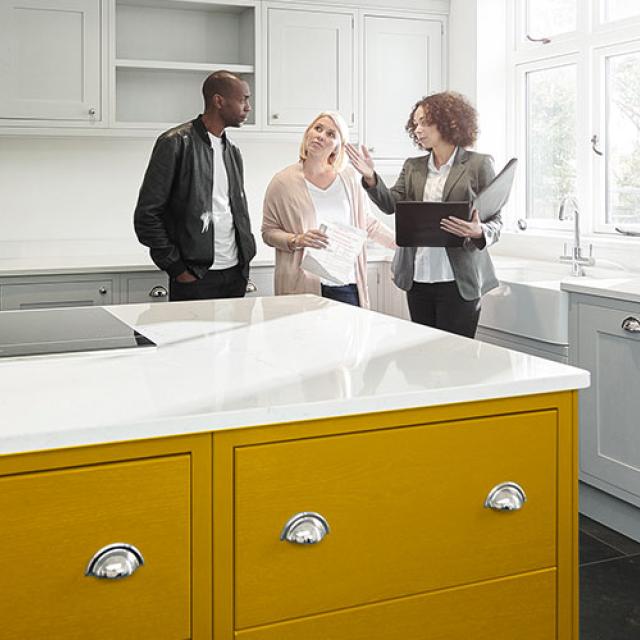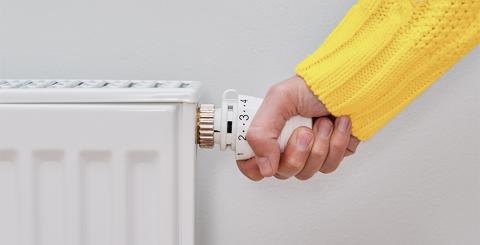What’s my house worth? How to correctly estimate market value
Last updated on February 2nd, 2024

A house’s value isn’t only about square feet. Market value is based on several factors. Are you looking for your dream house or do you want to sell your home but aren’t sure how to estimate its market value? Read on to see what to take into account to properly determine the real value of a home so you can get a good deal.
Market value versus municipal assessed value
First you need to understand the difference between a property’s market value, assessed value, and purchase price.
According to the Government of Québec, fair market value is the price that two knowledgeable parties acting at arm’s length would agree upon in a market where there is free competition.” Market value must not be confused with the cost to rebuild, which determines the amount of insurance needed to cover a property.
The municipal assessed value is determined by certified appraisers employed by the municipality or a private firm. Assessments are made every three years. Unlike fair market value, the assessed value therefore does not reflect changes that may have occurred in the real estate market between assessments.
It’s also important to remember that the purchase price does not necessarily reflect the property’s fair market value. Properties can be “overbid,” that is, sold for more than their asking price—and often more than the market value.
Property value: Eight decisive criteria
Numerous factors other than square footage affect property values. Here are the eight criteria most likely to influence the sale price:
1. Location
Location influences property values the most. A property in a popular neighbourhood where the quality of life is high and there is good public transportation, easy access, and lots of services is worth more than a similar property in a less attractive area. Similarly, a well-located property has a better chance of maintaining its value over time. The opposite is also true. For example, a house located on a main thoroughfare or in a noisy area will sell for less.
2. Property type
The type of property is another factor that determines market value. Single-family homes—single homes on private lots—are the most popular, most sought-after properties in Québec. The market for such homes has historically been one of the most stable and most profitable.
3. Size
The lot size, livable square footage, and number and size of the rooms are key in determining a house’s value. The number of bedrooms and bathrooms are particularly important for buyers.
4. Age
An old home that hasn’t been renovated will be harder to sell than a recently built or renovated one. A house that needs a lot of work is likely to give rise to negotiations. That’s why a lot of sellers have profitable renovations done before putting their house up for sale.
5. Construction materials and quality
The quality of the materials and the construction work affect a property’s longevity and the costs to maintain it. Durable materials reduce the risk of breakage, luxury materials such as marble and quartz are more expensive, and those that insulate better reduce heating and electricity bills. These are all advantages that come with a price!
6. Fixtures
Additional fixtures may also increase a property’s value. This is especially true of garages, sheds, fireplaces, swimming pools, gas ranges, and decks.
7. Charm
A home’s look and feel, historical features, and charm may also be decisive for a buyer. Charm can create an emotional attachment, and that can mean higher market value.
8. A unique advantage
A view of the river, access to a river, and unique architecture are all advantages that can increase a property’s value.
The economy and the real estate market
Both the economy—a country’s general economic outlook—and the level of supply and demand significantly affect real estate prices. They are the reason the housing market has boomed during the pandemic.
During an economic crisis, interest rates are generally reduced to promote consumption. In addition, many jobs are usually lost, which decreases demand for real estate.
But since the pandemic began, low interest rates and more time at home have piqued people’s interest in the housing market. The lack of homes for sale and the very high demand have led to overbidding, increasing the price of a two-storey house by more than 4.5% per quarter.
So what about the market value of an overbid property? According to economists, the Canadian housing market is currently overvalued by 10% to 15%. Some cities in Québec—especially Québec City and Montréal— are in greater danger of experiencing a real estate bubble than others. A number of market watchers predict that real estate prices will rise more slowly over the next few months. That means a recent buyer may have to hang on to their investment for a few years before its market value exceeds the price they paid.
Construction and property value
With the government promoting programs such as the Guarantee Plan for New Residential Buildings, many buyers are considering new homes. Not only do new homes offer more design options and the ability to use better insulating, less toxic materials, they are not necessarily more expensive to buy than already lived-in homes.
Are you thinking of building? What is the market value of a new home? The short answer is that it is harder to push the value of a new home up in the short term because unlike an older home, it doesn’t need renovation. Demand and the economic context can, however, increase your new home’s value. That is why you must make the right choices to give it optimum market value during construction.
To increase the resale value of your new construction, consider the following:
- Choose the lot well. Your house will lose value over time, but the land won’t! As location is the most important factor determining a property’s value, it is to your advantage to choose a lot that is close to services, easily accessible, and in a neighbourhood that is popular or has strong development potential. Remember that your lot should cost 25% to 30% of your total budget.
- Hire an architect or engineer to ensure your new home has the most living space and best design possible.
- Shop around for a general contractor to get the best construction quality while keeping costs down.
- Use good materials. Make sure they are durable, insulate well, and will stand the test of time.
Renovate to capitalize further
Some (not all!) renovations can increase a home’s value. If you're thinking about renovating, opt for profitable renovations. Here are a few tips to get the best return on your investment:
- Set a budget and stick to it. Compare your house to others in your neighbourhood that have been renovated and try to determine how much you can invest to capitalize on your renovations. Make sure you don’t go over budget!
- Renovate the kitchen or bathroom. These are the two renovations most likely to increase your home’s value. Adding a kitchen island or a bathtub are two projects among others that are considered profitable.
- Improve your home’s energy efficiency. Energy efficient homes are gaining in popularity. Changing the windows, improving the insulation, and installing smart systems are improvements that add value from the buyer’s perspective.
- Make small but noticeable changes. Small budget? No problem. Repainting the exterior and changing accessories (like cabinet doors and light fixtures) are examples of low-cost renovations with high-yield potential.
Lastly, if you do renovate, remember to contact your insurer to make sure your home insurance covers the alterations and adjustments you make. Whatever your real estate plans, from buying to selling to renovating, don’t hesitate to contact your insurance agent. They will guide you to the policy that best meets your needs.



